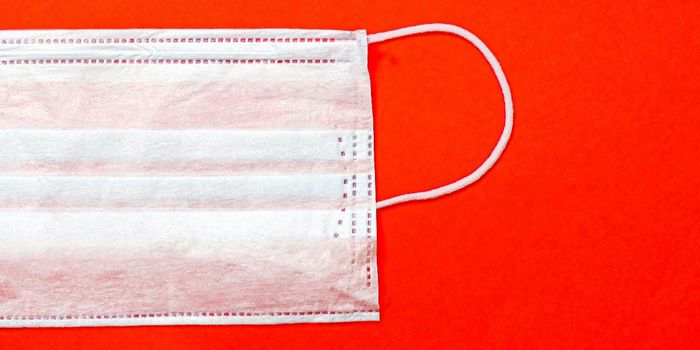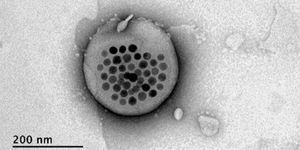Can FDA Approved Ketamine Drug Spravato Really Treat Depression?
President Trump is allegedly in support of a new drug to combat depression. He even urged the Department of Veterans Affairs to purchase it and “get as much of it as they can” (Kelly: 2019). Known as esketamine and marketed as Spravato, although it was approved by the Food and Drug Administration (FDA) in March, some uncertainties remain over its efficacy and long term effects.
Produced by a Johnson & Johnson subsidiary called Janssen, esketamine is the first new type of drug to treat severe depression in around three decades (Amin: 2019). Over the last few months, it has earned a reputation for providing fast relief from depressive symptoms. But how? Whereas popular antidepressant drugs such as Zoloft and Wellbutrin target serotonin and norepinephrine neurotransmitters to activate glutamate transmitters, they usually take weeks or even months to come to effect. As esketamine targets glutamate neurotransmitters directly however, relief from depressive symptoms can be felt within just days or hours (Palo Alto Mind Body: 2019).
The development of the drug comes after research looking at the positive effects of ketamine on mice exposed to corticosterone, a stress hormone, in their drinking water. Introduction of this hormone was shown to destroy dendritic spines in their prefrontal cortex, thus reducing brain activity and causing depressive behavior. After a single dosage of ketamine however, these brain cells were repaired, and depressive behaviors disappeared (Mellor: 2019). Given these findings and earlier research on ketamine’s efficacy in treating human depression too, researchers began to study the drug more closely.
Despite such reports on ketamine’s positive effects however, many physicians remain cautious on the usage of ketamine-derived drug Spravato. This comes as the drug’s approval by the FDA seems to have taken some shortcuts. Normally, drugs need to have undergone at least two successful clinical trials to demonstrate their efficacy, and gain approval. In the case of Spravato though, Janssen only provided one successful short-term, double-blind trial; two of its other trials falling short in efficacy (Kaiser Health News: 2019).
Moreover, in their only positive trial, participants taking Spravato alongside popular antidepressants only experienced a 4-point improvement on a 60-point scale of symptoms of depression compared to those on the placebo treatment (Canuso: 2018). Adding to this, during their three studies six patients died, including three by suicide. Although these deaths were dismissed by the FDA as unrelated to the trials, according to Dr. Wesley Boyd, a psychiatrist at Cambridge Health Alliance, “The clinical trials of esketamine were completely underwhelming...I'm open to giving esketamine consideration, but given the data we have and its high cost, there are other drugs and therapies we can maximize first (Kelly: 2019).”
Adding to these concerns is the little data available on the drug’s long term effects, as well as its effects on different demographics. For example, the trials conducted by Jenssen were not conducted on those over 65- despite the prevalence of depression among this community. (ibid.). Although long-term studies are currently ongoing, its overall efficacy remains unknown, even if it may be able to relieve some depressive symptoms along the way.
To conclude, although when taken alongside popular antidepressants Spravato may be able to relieve some depressive symptoms, its limited efficacy from its trials shows that it is probably not a “wonder drug”. This comes especially when considering the uncertainty of both its risks and long term effects, as well as how it interacts with different population demographics.
Sources
Kelly, Dr. Lauren et al.: ABC News
Amin, Nouran: Labroots
Mellor, Joe: The London Economic
Kaiser Health News: The Daily Beast
Canuso, CM et al.: Pub Med










